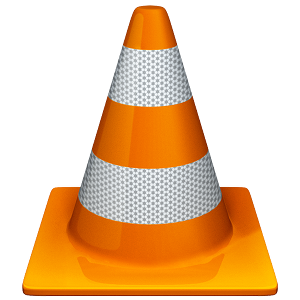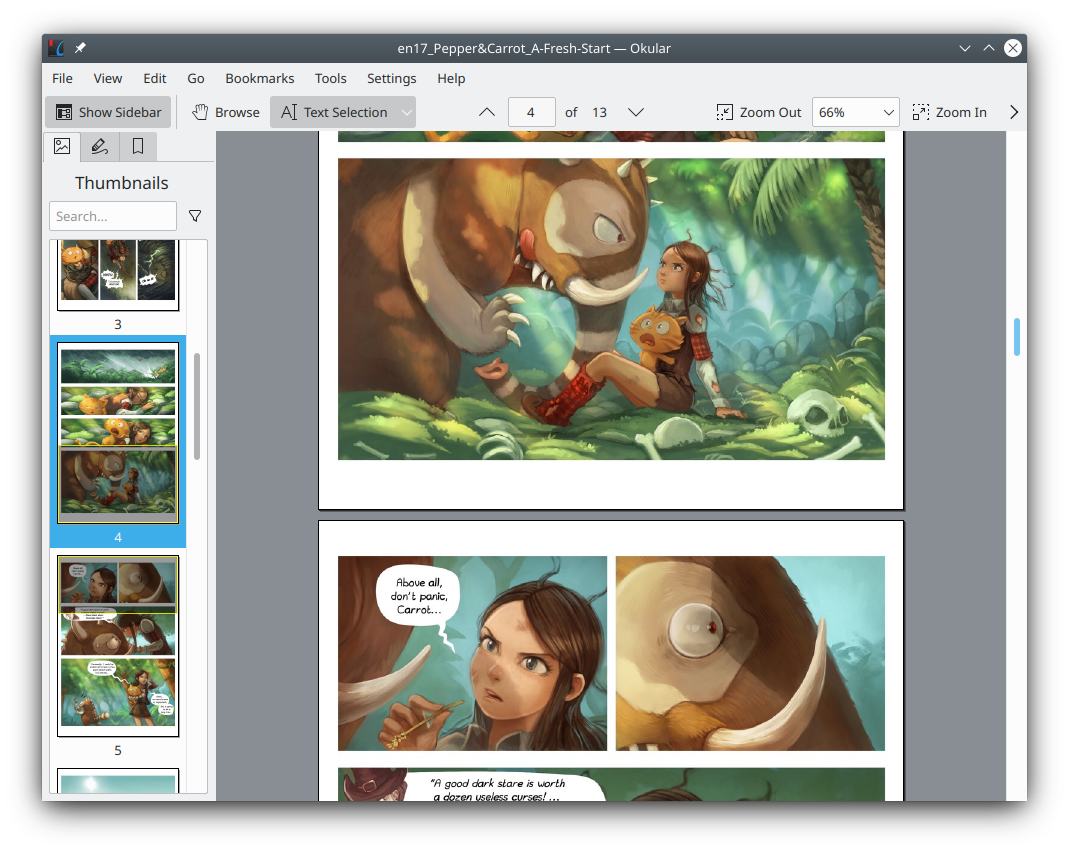My Exploration of Knowledge Taxonomy
I am a person obsessed with knowledge. This is not an advantage in this era when knowledge is not very valuable economically. Knowledge is such a strange thing. It can be copied at almost no cost and many people claim to have made a lot of money from it. But the fact is that the rich are still in the minority. Some people attribute this to that the poor are lazy to learn and the rich are diligent. If so, we should invite encyclopedia contributors according to their wealth. So admit it, knowledge and wealth may be related, but not that much, nor directly. People who tell us that knowledge can make money are just well-intentioned or bad-intentioned liars. It took me a while to figure this out. By the time I realized it, it was a bit late.
Now, midway upon the journey of my life, I found myself far from making big money. For the straightforward pathway had been lost. Ah me! how hard a thing it is to say.
But I still have something to say. It’s a story about me. It’s neither valuable nor exciting. I write it here as a trace of my existence.
The environment I grew up in was very different from the English cultural environment. The educational system I have experienced includes 5 years of primary school, 6 years of middle school, university and subsequent education. The middle school time is divided into two stages, the first 3 years are called “junior middle school”, and the last 3 years are called “senior middle schools”. Every entry into higher education is accompanied by fierce examination competition.
When I was in the fifth grade of primary school, I faced my first important entrance examination. Though this exam will not eliminate many people, its ranking will affect the educational resources you will enjoy later to a certain degree. At least it was still the case for me at that time.
Before that, I bought a booklet about mathematics exams from a roadside bookstore. I didn’t read it for a long time after I bought it home. Because I hate exams. But when I was in the fifth grade, I opened it for the first time to prepare for the exam. I never thought it would open the door to a new world for me.
During my five years in primary school, I received two mathematics textbooks and several exercise books from the school every year. These books may weigh several kilograms. For five long years, I used them to learn arithmetic, geometry, simple statistics, and common sense like physical units. After I browsed the booklet, I discovered that so much knowledge could be summarized in just one booklet. In comparison, the kilograms of textbooks seemed very redundant for my exam review.
The compilation of knowledge in the booklet was also very systematic. In order to adapt to children of different school ages, the relevant knowledge points scattered in many textbooks. In the booklet, they are organized into a whole. For the first time, I realized that knowledge could be put together in such a simple and orderly manner.
After that, I became obsessed with this type of books. Although I haven’t read them all, in middle school I bought a lot of reference books that summarized knowledge for each exam subject.
Before the exams from junior middle school to senior middle school, I naturally bought a booklet on mathematics knowledge for that exam. Though I call it a booklet, it’s actually quite large.
In fact, after reading the booklet of primary school, I have always had a doubt. Why is the math knowledge divided into chapters such as arithmetic, geometry and statistics? In the preface of this booklet of junior middle school, I got an answer. It said, “mathematics is knowledge about storing of void, arithmetic is about the amount of storing of void, and geometry is about the shape of storing void”. This is of course nonsense to me now, but this answer was very good to me at that time. Although I still did’t quite understand the specious concept of “storing void” after some searching, I still like this answer because it suggests a kind of oneness to me - though math knowledge seems to be divided into many types, they are actually united by an inner consistency.
I was delighted with this new perspective for days. I put my exam preparation aside during those few days and instead did some philosophical thinking about the consistency of math knowledge. Of course, I didn’t know it was related to philosophy at that time.
After proudly sharing my new insights about the consistency of mathematical knowledge with several people, I gradually discovered the absurdity of the word “storing void”. How could “storage” be possible without the concept of “space” first? How can “void” be stored? When and how did the concept of “number” arise from “void”? These questions keep me awake at night. But I was still facing an exam at the time, so I told myself I couldn’t spend more time on this. I carefully recorded the questions and possible explanations I could think in the margins of the booklet. Then I went to study for the exam.
In the subsequent senior middle school years, I still failed to solve those mysteries. To make matters worse I encountered more mysteries. For example, I once thought very carefully about what “color” is. It looks like colors are just there, but I can never seem to get other people to relate to how I feel when I see a certain color at this moment.
During those days, whenever I was exhausted from such questions, had a migraine attack, and had no intention of preparing for the exam, I resorted to the old method. I wrote down the questions and my thoughts and sealed them away, forcing myself to put away my curiosity, hoping that I would have time to think about these issues slowly in the future. What a hard time.
When I got to university, things took a turn for the better. But it’s very late now, so let’s tell the next story in a later article.




